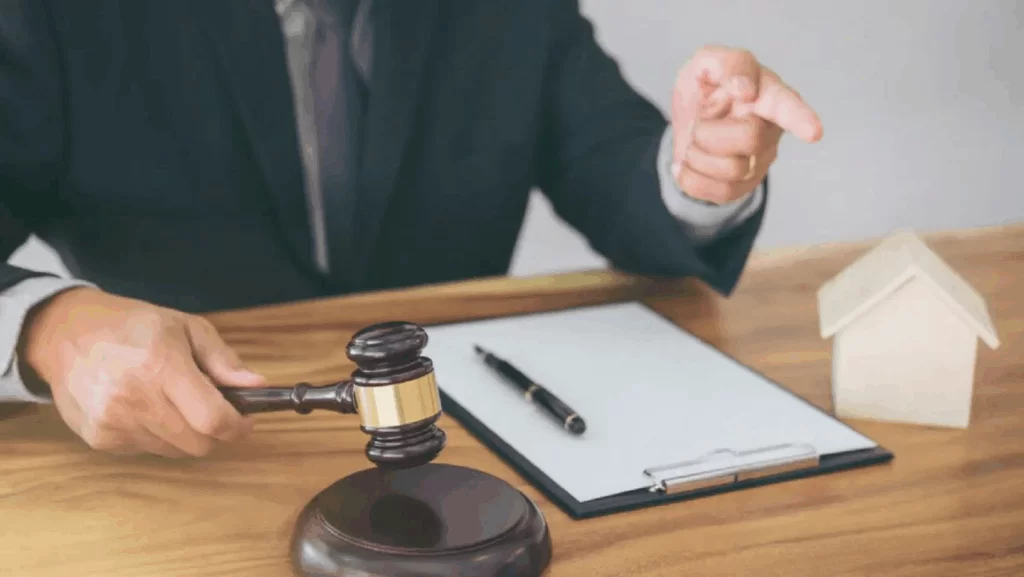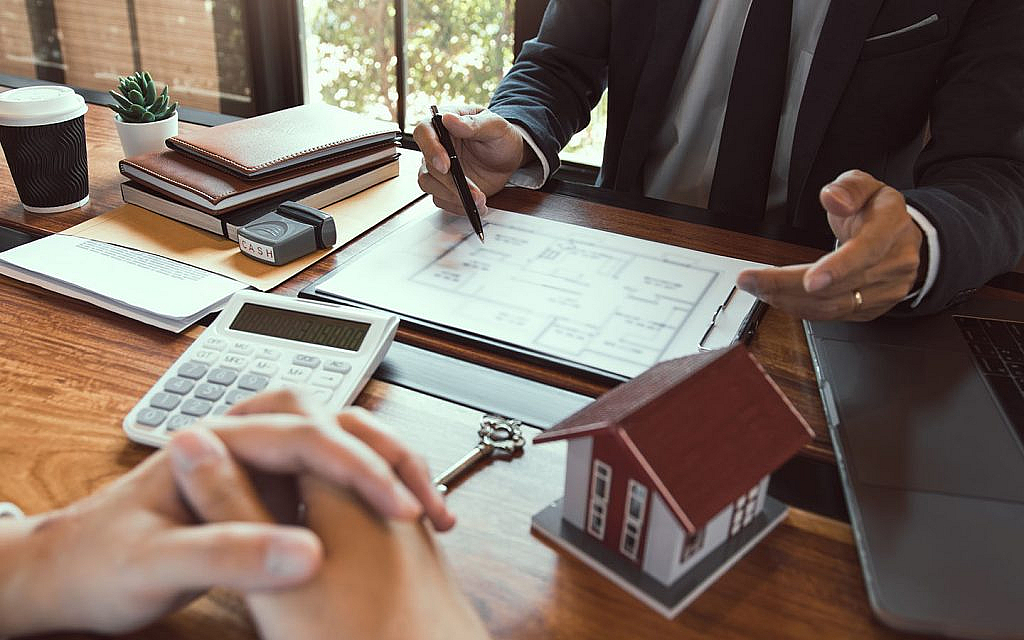Renting a home in Dubai can be smooth and rewarding—but getting your security deposit refund isn’t always simple. While the Dubai Rental Law protects tenants’ rights, many renters still face unexpected deductions when moving out.
If you’re planning to switch homes or end your tenancy soon, this guide explains how to get your full security deposit back from your landlord in Dubai, step by step.
Understanding the Dubai Rental Law


According to the Dubai Rental Law,
“When entering into a lease contract, the landlord may obtain a security deposit from the tenant to ensure the maintenance of the property upon expiry of the lease, provided that the landlord undertakes to refund it or the remainder thereof after deductions.”
In simpler terms:
- The landlord can collect a security deposit at the start of your lease.
- It serves as a guarantee for maintenance or repair costs at the end of tenancy.
- The landlord must refund the full amount (or remaining balance) when you vacate—unless there are justified deductions.
However, the law doesn’t define:
- What counts as “reasonable wear and tear.”
- What exact deductions are permissible.
- How repair costs should be calculated.
That’s why tenants must take proactive steps to protect their deposit from unfair deductions.
How to Get Your Security Deposit Back in Dubai


Follow these proven steps to improve your chances of receiving your full security deposit refund:
1. Read Your Tenancy Contract Carefully
Before signing or renewing your Ejari-registered contract, make sure you understand every clause about the security deposit.
✅ Ask for clarification about:
- What is considered “wear and tear.”
- What situations can lead to deductions.
- Who pays for what type of maintenance.
Pro Tip: Before moving in, inspect the property and document any existing damage. Share the list and photos with your landlord.
2. Request a Check-In and Check-Out Report
A check-in report (when you move in) and a check-out report (when you move out) serve as legal proof of the property’s condition.
Both should include dated photographs or videos, signed by both landlord and tenant.
If the condition matches or wear and tear is minimal, your landlord must refund the deposit in full.
If disputes arise, you can file a case with the Dubai Rental Dispute Centre (RDC) under the Real Estate Regulatory Agency (RERA).
🧾 Filing Fee: 3.5% of annual rent (min AED 500, max AED 20,000) + AED 320 admin charge.
The Arbitration Department usually resolves cases within 15 days, but a lawsuit may take up to 30 days.
3. Repaint and Repair Minor Damages
Before handing over the keys:
🎨 Repaint walls if needed.
🛠️ Fix drill holes, scratches, or small cracks.
Even though minor wear and tear is acceptable, these small fixes eliminate excuses for deductions.
Looking for the perfect property? Contact us now for a free consultation!
Contact us via WhatsApp4. Keep Records of All Property-Related Expenses
Keep copies of:
- Receipts for repairs or maintenance you paid for.
- Utility payment records.
- Communications with the landlord regarding property issues.
This documentation helps defend your case if a dispute arises over the security deposit refund.
5. Settle All Outstanding Bills
Before moving out, clear all utility bills (DEWA, telecom, etc.).
Unpaid bills can legally justify your landlord withholding the security deposit.
6. Remove All Furniture (if Unfurnished)
If your property was unfurnished, remove any personal items or furniture before leaving.
Landlords may charge removal fees and deduct them from your deposit.
7. Handover Keys via RERA (If Necessary)
If you expect a dispute, you can hand over the property keys to RERA instead of the landlord.
RERA can hold the keys in trust until your deposit refund is processed.
Landlord Responsibilities = Tenant Rights
Under Dubai rental law, landlords have clear obligations:
- 🏠 Deliver a clean, livable property at the start of tenancy.
- 🔐 Ensure safety and security, including functioning locks and alarms.
- 🧰 Cover major maintenance costs exceeding AED 500 (like plumbing, electrical, or AC).
Tenants are responsible for minor repairs and general upkeep, but not for major system maintenance.
Helpful Summary: Quick Tips to Get Your Full Deposit
| ✅ Do | ❌ Don’t |
|---|---|
| Document property condition | Ignore existing damage before move-in |
| Repaint walls & fix holes | Leave stains or broken fixtures |
| Pay all utility bills | Leave unpaid DEWA or telecom dues |
| Keep communication professional | Argue without written proof |
| File a RERA case if needed | Delay action—timing matters |
FAQs: Security Deposit Refund in Dubai
1. What if my landlord refuses to return the deposit?
File a complaint with RERA’s Rental Dispute Centre (RDC) by calling 800-4488 or visiting the DLD offices.
2. Can the landlord keep the deposit after eviction?
No. The landlord must return it after deducting only justified maintenance costs.
3. Can I use my deposit as the last month’s rent?
No, the deposit cannot replace rent. It’s strictly for maintenance or damages.
4. Do I need to settle utilities first?
Yes, landlords can withhold your deposit until all dues are cleared.
5. Are there hidden rental costs in Dubai?
Yes—renewal, Ejari, and agency fees may apply. Always check your tenancy contract for details.
Final Thoughts
Receiving your full security deposit back in Dubai is entirely possible—if you plan ahead, document everything, and maintain open communication.
Keep your tenancy professional, follow the Dubai Rental Law guidelines, and perform a smooth handover.
This not only protects your deposit but also builds a reliable record for your next rental.

